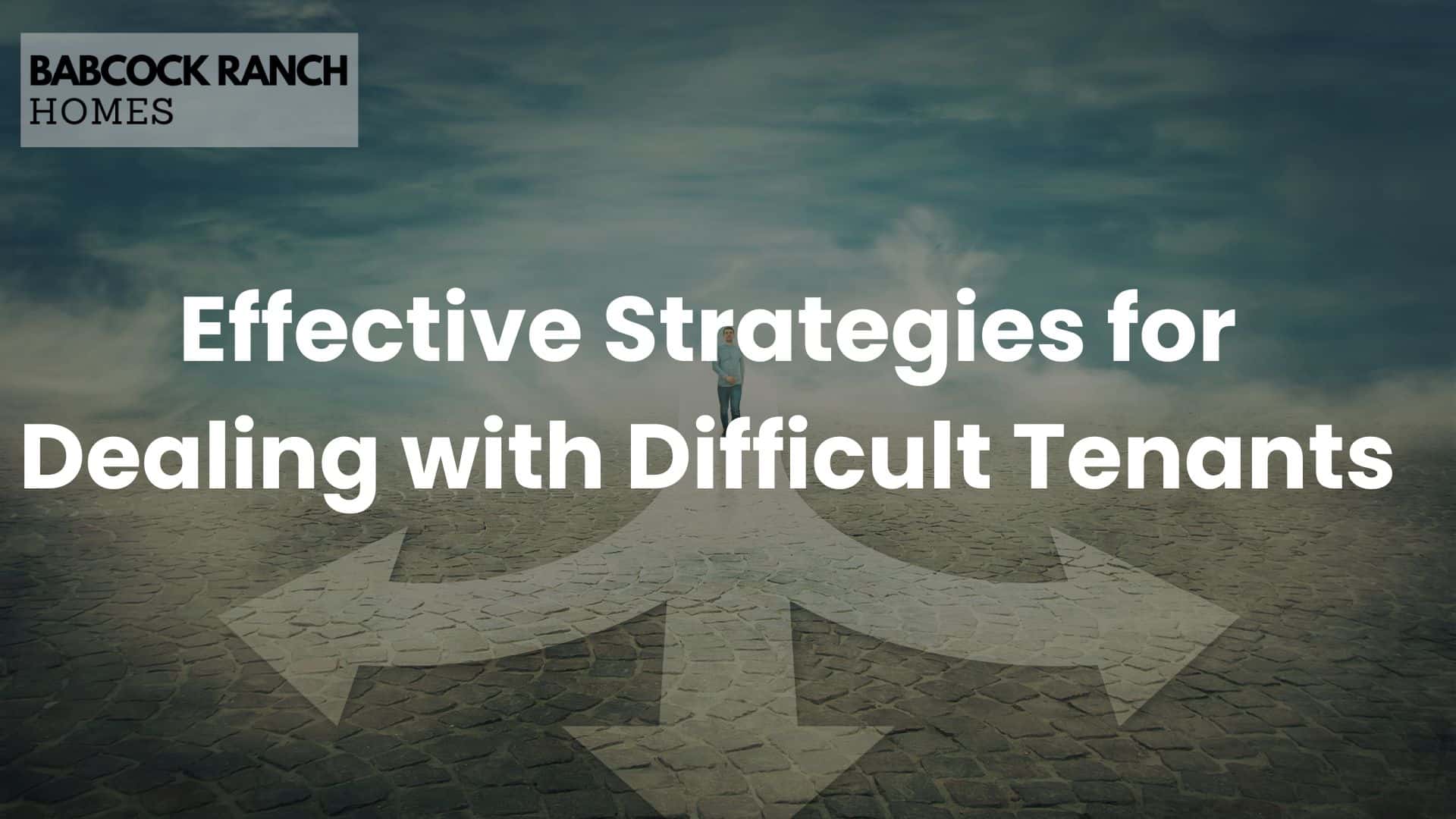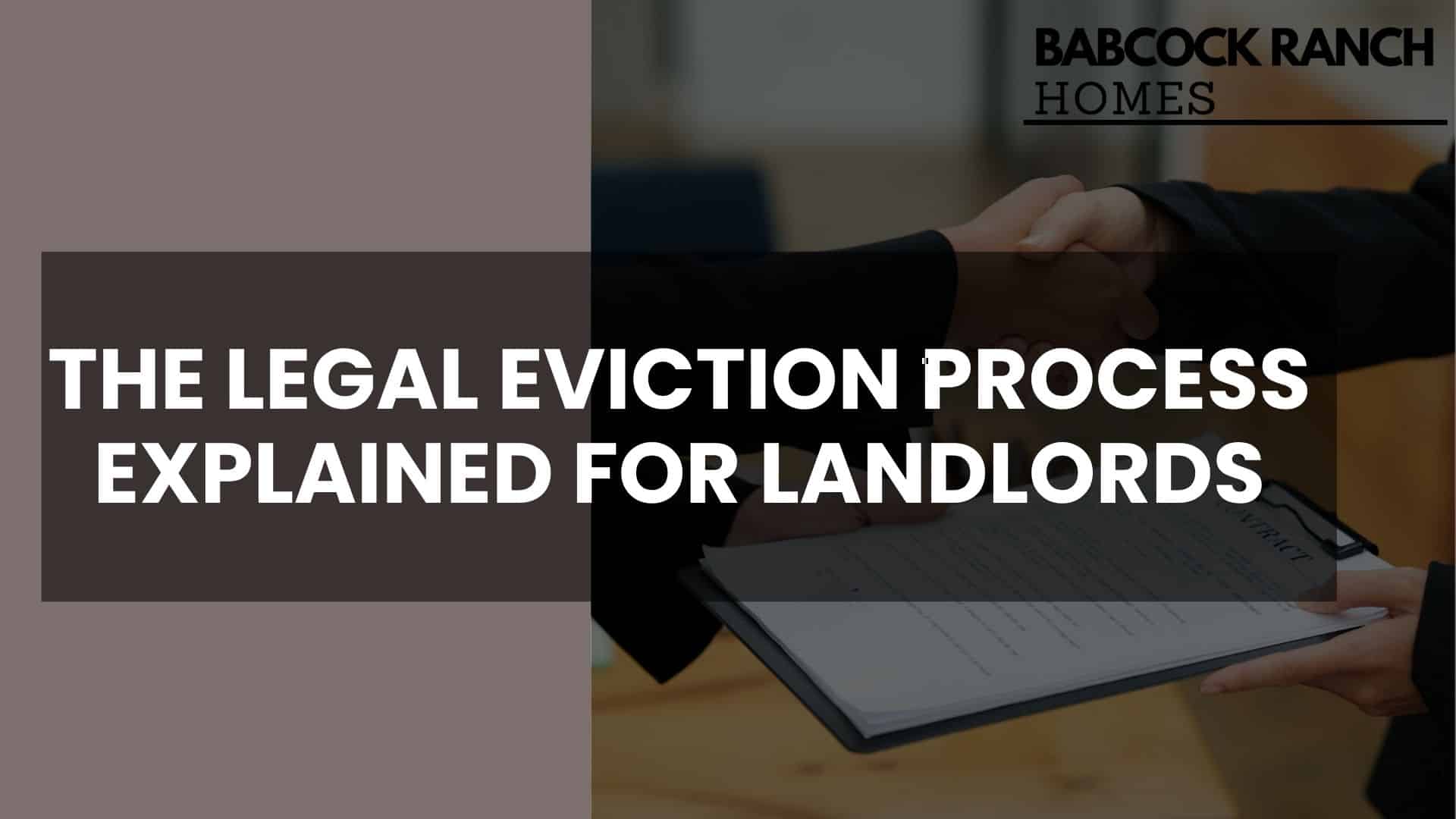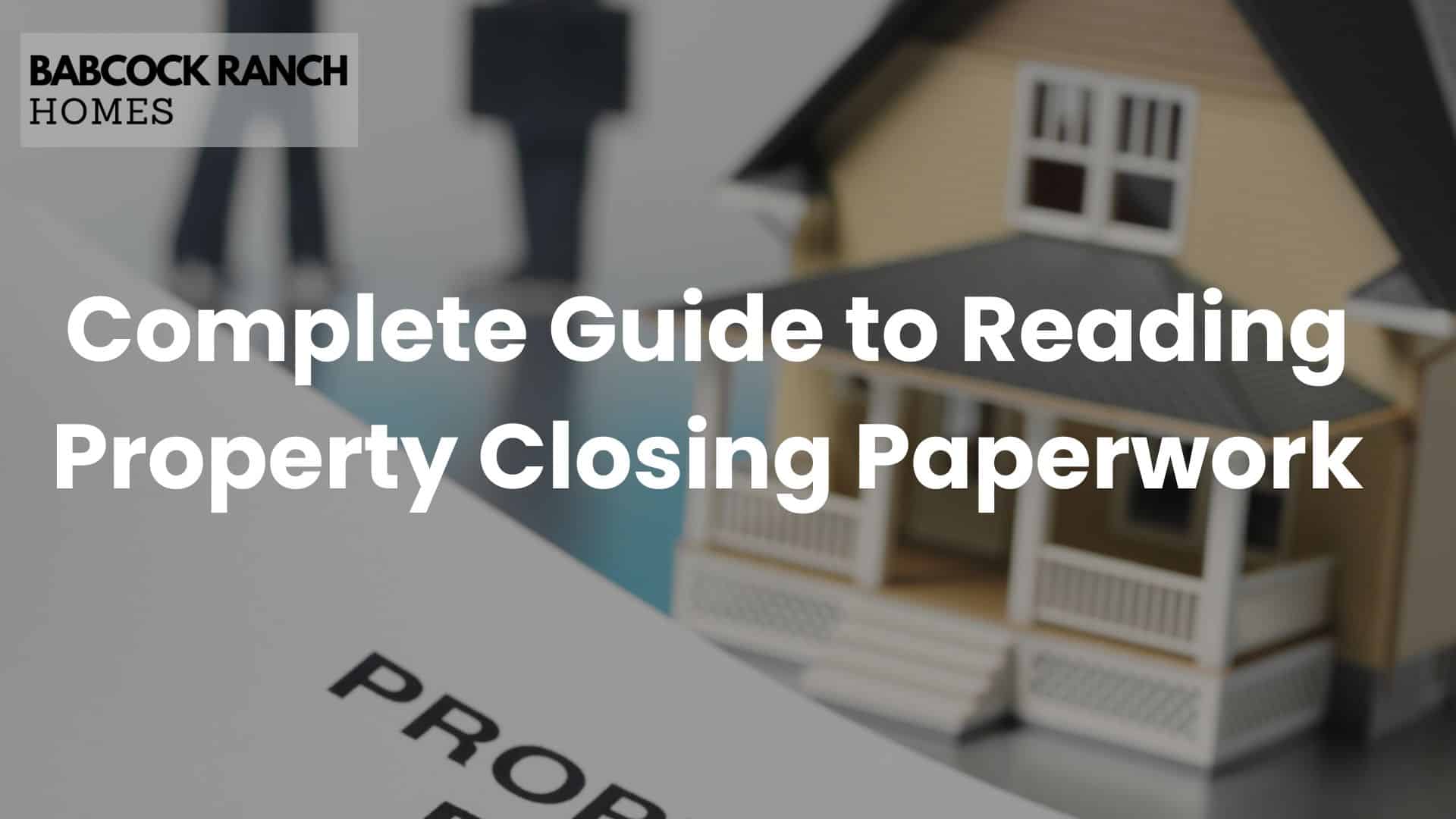Are you torn between renting, buying, or exploring alternative housing options? This article delves into the freedom and responsibilities associated with different housing choices, including homeownership, renting, co-living, and mobile living. We’ll examine how factors like property taxes, transportation, and the role of real estate agents influence your decision. By the end, you’ll have a clearer understanding of which housing option aligns best with your lifestyle, offering the right balance of freedom and responsibility for your needs.
Key Takeaways
- Housing options include renting, buying, co-living, and mobile homes, each with unique freedoms and responsibilities
- Renting offers flexibility but limits customization, while homeownership provides control but requires significant financial commitment
- Co-living balances cost-sharing benefits with communal living challenges, suiting those valuing community and affordability
- Mobile living provides location freedom but requires adapting to compact spaces and navigating legal regulations
- Choosing the right housing option involves assessing flexibility needs, maintenance willingness, finances, and long-term goals
Exploring Different Types of Housing Choices

Exploring housing options reveals diverse choices, each offering varying degrees of freedom and responsibility. From renting and purchasing to co-living arrangements, mobile homes, and shared housing, individuals can find solutions that align with their university life, financial situation, and personal preferences. Understanding these options helps in making informed decisions about living arrangements, whether in a dormitory or with roommates.
Renting a Home: Pros and Cons
Renting a home offers flexibility for college students and young professionals, allowing them to live in desirable locations without long-term commitments. While renters enjoy freedom from maintenance responsibilities, they must adhere to lease agreements and may face annual fee increases. Renting options range from apartments to townhouses, providing varied living experiences. However, renters don’t build equity, and their credit scores may be impacted by rental history.
Purchasing a House: What It Entails
Purchasing a house entails a significant financial commitment and long-term responsibility. Buyers must consider factors such as the number of bedrooms, mortgage rates, and overall price when selecting a property. Understanding the local real estate market, getting pre-approved for a mortgage, and working with a reputable agent are essential tips for a successful purchase. While homeowners gain equity and have the freedom to customize their space, they also assume responsibilities for maintenance, property taxes, and insurance.
Understanding Co-Living Arrangements
Co-living arrangements offer a unique blend of communal living and private space, often featuring shared amenities like laundry facilities and common areas. These setups typically require a lower down payment compared to traditional housing options, making them attractive for those seeking affordable living solutions. While residents may not have to worry about roof repairs or property maintenance, they must adapt to shared living spaces and potentially stricter loan requirements. Co-living can provide a balance between the freedom of independent living and the responsibility of community engagement.
The Appeal of Mobile and Tiny Homes
Mobile and tiny homes offer a unique blend of freedom and responsibility in the real estate market. These compact living spaces appeal to those seeking to minimize debt and simplify their lifestyle. While they require less maintenance than traditional houses, owners must adapt to limited space for cooking and daily activities. Working with a specialized estate agent can help potential buyers navigate the unique challenges of purchasing and financing these alternative housing options.
Evaluating Shared Housing Options
Shared housing options provide a balance of freedom and responsibility, often appealing to students and young professionals seeking to reduce their cost of living. These arrangements typically involve renting a room within a larger property, with shared access to common areas like kitchens and living rooms. Residents benefit from split utility costs, including electricity, which can significantly lower individual expenses. However, shared housing requires adapting to communal living and potentially sacrificing some privacy. For those pursuing education or starting their careers, this option offers an affordable solution that fosters independence while sharing responsibilities with housemates.
Freedom Associated With Renting

Renting offers unique freedoms and responsibilities in housing. This section explores the flexibility to relocate, limitations on property modifications, lease terms, financial implications, and landlord relationships. Renters enjoy mobility but face restrictions on space customization. Understanding lease agreements, managing finances, and navigating tenant-landlord dynamics are crucial aspects of renting, often influenced by factors like noise levels and proximity to public transport.
Flexibility to Move Without Hassle
Renting provides unparalleled flexibility for those seeking to move without hassle. This option allows individuals to relocate easily, whether for career opportunities or personal preferences, without the burden of selling property. Renters can quickly adapt to changing circumstances, such as shifts in community dynamics or accessibility needs, by simply ending their lease and finding a new home. This mobility also facilitates better management of living costs, potentially enabling renters to contribute more to their savings account. However, frequent moves may impact the sense of community and stability that some individuals desire.
Limited Control Over Property Modifications
Renters in the United States face limitations on property modifications due to landlord policies. While tenants may desire to update their living spaces, especially kitchens, they often require explicit permission from property owners. This restriction can impact a renter’s ability to personalize their home, potentially affecting their comfort and satisfaction. However, these limitations also relieve renters of the financial responsibility for major renovations or repairs, which remain the landlord’s obligation as part of the rental payment agreement.
Understanding Lease Terms and Restrictions
Understanding lease terms and restrictions is crucial for renters seeking to balance freedom and responsibility. Lease agreements outline the tenant’s rights and obligations, including rent payment schedules, maintenance responsibilities, and rules regarding property modifications. These terms can impact a renter’s autonomy and financial commitments, potentially affecting their ability to save for future investments or manage commuting costs. By carefully reviewing lease terms, renters can make informed decisions that align with their lifestyle needs and long-term financial interests, enabling them to maximize the benefits of renting while navigating its limitations.
Financial Implications for Renters
Renters face unique financial implications that impact their budgeting and long-term financial planning. While they avoid property taxes and major maintenance expenses, renters must allocate funds for monthly rent payments and often campus-related costs if living near educational institutions. Budgeting becomes crucial, as rental expenses can fluctuate based on market conditions and lease terms. Additionally, renters miss out on potential tax benefits associated with homeownership, which may affect their overall financial strategy:
- Monthly rent payments
- Utility costs
- Renter’s insurance
- Security deposits
- Potential rent increases
Relationship With Landlords and Property Managers
The relationship between renters and landlords or property managers significantly impacts the renting experience. Renters must navigate communication channels, maintenance requests, and potential disputes while adhering to lease terms. This dynamic can affect a renter’s sense of freedom and financial stability, as landlords may influence rent adjustments based on market conditions or property improvements, potentially impacting the renter’s income allocation:
| Aspect | Renter’s Responsibility | Landlord’s Responsibility |
|---|---|---|
| Rent Payment | Timely payments | Set fair rates |
| Maintenance | Report issues promptly | Address repairs |
| Property Rules | Adhere to guidelines | Enforce policies fairly |
Responsibilities That Come With Homeownership

Homeownership brings significant responsibilities alongside its freedoms. This section explores the key aspects of owning a home, including space customization, financial obligations, maintenance duties, equity building, and legal considerations. Understanding these responsibilities is crucial for potential homeowners to make informed decisions about their housing options.
Customizing Your Own Space
Homeowners enjoy the freedom to customize their living spaces according to their preferences and needs. This ability extends beyond simple decorations to include structural changes, renovations, and landscaping. Homeowners can make decisions about paint colors, flooring, fixtures, and even major renovations without seeking permission from a landlord. However, this freedom comes with responsibilities:
- Obtaining necessary permits for major renovations
- Complying with local zoning laws and homeowners’ association rules
- Considering the impact of modifications on property value
- Budgeting for the costs of customization projects
- Maintaining any custom features or upgrades
Financial Commitment and Mortgage Obligations
Homeownership entails significant financial commitments and mortgage obligations. Buyers must secure financing, typically through a mortgage, which requires regular monthly payments including principal, interest, taxes, and insurance. These financial responsibilities extend beyond the purchase price, encompassing ongoing costs such as property taxes, homeowners insurance, and maintenance expenses. Understanding the long-term financial implications of homeownership is crucial for potential buyers:
| Expense Category | Description | Frequency |
|---|---|---|
| Mortgage Payment | Principal and interest | Monthly |
| Property Taxes | Based on property value | Annually or Semi-annually |
| Homeowners Insurance | Protects against damage and liability | Annually |
| Maintenance | Repairs and upkeep | Ongoing |
Maintenance and Upkeep Duties
Homeowners bear full responsibility for maintaining and repairing their property, which includes both routine upkeep and major repairs. This duty encompasses a wide range of tasks, from mowing the lawn and cleaning gutters to addressing structural issues and replacing aging systems. Homeowners must be prepared to handle these responsibilities or hire professionals, which can significantly impact their time and budget:
- Regular landscaping and exterior maintenance
- HVAC system servicing and repairs
- Plumbing and electrical system upkeep
- Roof inspections and repairs
- Interior renovations and updates
Building Equity Over Time
Building equity over time represents a significant benefit of homeownership. As homeowners make mortgage payments, they gradually increase their ownership stake in the property, potentially creating long-term wealth. This equity can serve as a financial resource for future investments or emergencies. However, equity growth depends on factors such as property value appreciation and the homeowner’s commitment to timely mortgage payments and property maintenance.
Legal and Tax Considerations for Owners
Homeowners face various legal and tax considerations that impact their property ownership. They must comply with local zoning laws, building codes, and homeowners’ association regulations. Additionally, homeowners can benefit from tax deductions on mortgage interest and property taxes, potentially reducing their overall tax burden. However, they also bear responsibility for property-related liabilities and must maintain adequate insurance coverage. Understanding these legal and tax implications is crucial for homeowners to navigate their responsibilities effectively:
| Aspect | Consideration | Impact |
|---|---|---|
| Zoning Laws | Restrictions on property use | Limits on modifications and activities |
| Tax Deductions | Mortgage interest and property taxes | Potential reduction in tax liability |
| Insurance | Coverage for property and liability | Financial protection against risks |
Co-Living and Shared Housing Dynamics

Co-living and shared housing options offer a unique balance of freedom and responsibility. These arrangements involve sharing living spaces and expenses, promoting cost savings and community engagement. Residents navigate privacy concerns, adhere to communal agreements, and determine if this lifestyle aligns with their needs. Understanding these dynamics is crucial for those considering co-living as a housing option.
Sharing Space and Responsibilities With Others
Co-living and shared housing arrangements require residents to share both space and responsibilities. Individuals typically have private bedrooms but share common areas like kitchens, living rooms, and bathrooms. This setup fosters a sense of community while also dividing household duties such as cleaning, grocery shopping, and bill payments among residents. By sharing these responsibilities, co-living can offer a balance between independence and collaboration, potentially reducing individual workload and expenses.
Cost-Saving Benefits of Shared Living
Shared living arrangements offer significant cost-saving benefits for residents. By splitting rent, utilities, and other household expenses, individuals can reduce their monthly living costs substantially. This financial advantage allows residents to allocate more funds towards savings, debt repayment, or other personal goals. Additionally, shared housing often provides access to amenities and locations that might be unaffordable for individuals living alone, offering a higher quality of living at a lower cost.
Navigating Privacy and Personal Space
In co-living arrangements, residents must navigate the delicate balance between privacy and shared spaces. While private bedrooms offer personal retreats, common areas require respectful use and consideration for others. Residents often establish guidelines for quiet hours, guest policies, and shared space usage to maintain harmony. This dynamic encourages individuals to develop communication skills and boundary-setting abilities, essential for successful communal living.
Communal Living Agreements and Rules
Communal living agreements and rules form the foundation of successful co-living arrangements. These guidelines typically cover aspects such as noise levels, cleaning schedules, guest policies, and shared space usage. Residents often collaboratively develop these agreements to ensure they address everyone’s needs and preferences. While these rules provide structure and maintain harmony, they also require flexibility and open communication among residents to adapt to changing circumstances and resolve conflicts effectively.
Is Co-Living Right for Your Lifestyle?
Determining if co-living aligns with one’s lifestyle requires careful consideration of personal preferences, financial goals, and social needs. This housing option suits individuals who value community engagement, cost-sharing benefits, and flexible living arrangements. However, it may not be ideal for those who prioritize extensive privacy or have specific space requirements. Prospective co-living residents should assess their comfort with shared spaces, willingness to adhere to communal agreements, and desire for social interaction before committing to this housing model.
The Freedom of Mobile Living Options

Mobile living options offer unique freedom and responsibilities. This section explores RV and tiny home living, minimalist lifestyle benefits, and specific responsibilities of mobile homes. It also covers legal regulations, parking considerations, and the impact on social connections. Understanding these aspects helps individuals assess if mobile living aligns with their goals and lifestyle preferences.
Living in an RV or Tiny Home
Living in an RV or tiny home offers a unique blend of freedom and responsibility. These mobile living options provide flexibility in location and lifestyle, allowing residents to travel or settle in various environments. However, they also require careful planning for essential needs such as water, electricity, and waste management. RV and tiny home dwellers must adapt to compact living spaces, often necessitating minimalist approaches to possessions and daily routines.
Minimalist Lifestyle Benefits
Embracing a minimalist lifestyle in mobile living offers significant benefits for individuals seeking freedom and simplicity. This approach encourages residents to prioritize experiences over possessions, leading to reduced financial burdens and increased flexibility. By downsizing belongings and focusing on essential items, mobile dwellers can allocate resources more efficiently, potentially freeing up funds for travel or personal pursuits. The minimalist mindset also promotes environmental consciousness, as it naturally leads to reduced consumption and waste.
Responsibilities Unique to Mobile Homes
Mobile home owners face unique responsibilities that blend aspects of traditional homeownership with the challenges of mobile living. These individuals must manage regular maintenance tasks such as weatherproofing, ensuring proper leveling, and maintaining utility connections, which are crucial for the home’s stability and functionality. Additionally, mobile home owners need to navigate specific zoning laws, park regulations, and transportation requirements when relocating their homes, adding layers of complexity to their housing responsibilities.
Legal Regulations and Parking Considerations
Mobile home owners must navigate complex legal regulations and parking considerations. Local zoning laws often dictate where mobile homes can be placed, with some areas restricting their use or requiring specific permits. Owners need to research and comply with these regulations, which may include minimum lot sizes, setback requirements, and utility connection standards. Additionally, finding suitable parking locations can be challenging, as not all RV parks or mobile home communities accept all types of units. This requires careful planning and research to ensure compliance and avoid potential legal issues or relocation requirements.
Impact on Social Connections and Community
Mobile living can significantly impact social connections and community dynamics. While it offers the freedom to explore diverse locations and meet new people, it may also challenge the formation of long-term relationships and community ties. Mobile home dwellers often find themselves part of temporary communities in RV parks or mobile home communities, which can provide a sense of camaraderie among like-minded individuals. However, the transient nature of this lifestyle may require more effort to maintain lasting friendships and social support networks compared to traditional stationary housing options.
Choosing the Housing Option That Fits You Best

Selecting the optimal housing option requires careful consideration of personal needs and circumstances. This section explores key factors in decision-making, including flexibility requirements, maintenance responsibilities, financial analysis, long-term goals, and professional advice. Understanding these aspects helps individuals choose a housing solution that balances freedom and responsibility, aligning with their lifestyle and objectives.
Assessing Your Need for Flexibility
Assessing one’s need for flexibility is crucial when choosing a housing option. Individuals must consider their career prospects, potential for relocation, and lifestyle preferences. Those with dynamic careers or a desire for frequent travel may find renting or mobile living options more suitable. Conversely, individuals seeking stability and long-term community engagement might prefer homeownership. The following table illustrates how different housing options align with varying flexibility needs:
| Housing Option | Flexibility Level | Best For |
|---|---|---|
| Renting | High | Short-term commitments, frequent movers |
| Homeownership | Low | Long-term stability, community investment |
| Co-living | Medium | Social individuals, cost-conscious renters |
| Mobile Living | Very High | Nomadic lifestyles, adventure seekers |
Willingness to Accept Maintenance Responsibilities
Individuals must assess their willingness to accept maintenance responsibilities when choosing a housing option. Homeownership requires a significant commitment to property upkeep, including regular maintenance and unexpected repairs. Renters, on the other hand, typically have fewer maintenance obligations, with landlords handling most issues. Those considering homeownership should evaluate their skills, time availability, and financial capacity to manage maintenance tasks:
- Basic home repairs and improvements
- Lawn care and landscaping
- HVAC system maintenance
- Plumbing and electrical upkeep
- Roof inspections and repairs
Financial Analysis of Each Option
Conducting a comprehensive financial analysis of each housing option is crucial for making an informed decision. Potential homeowners should consider the long-term investment potential, mortgage costs, property taxes, and maintenance expenses. Renters must evaluate monthly rent payments, potential rent increases, and the opportunity cost of not building equity. Those considering co-living or mobile options should analyze shared costs, utility expenses, and potential savings compared to traditional housing. This financial assessment helps individuals determine which option aligns best with their budget, long-term financial goals, and desired lifestyle.
Long-Term Life Goals and Plans
Evaluating long-term life goals and plans plays a crucial role in selecting the most suitable housing option. Individuals must consider career aspirations, family planning, and retirement goals when deciding between renting, buying, or alternative housing arrangements. Those aiming for career growth in different locations may prefer the flexibility of renting, while individuals focused on building generational wealth might lean towards homeownership. Considering these factors helps align housing choices with personal and professional objectives:
- Career development and potential relocations
- Family planning and space requirements
- Retirement savings and investment strategies
- Desired lifestyle and community involvement
- Long-term financial security goals
Seeking Advice From Real Estate Professionals
Seeking advice from real estate professionals can provide valuable insights when choosing between housing options. These experts offer in-depth knowledge of local markets, financing options, and long-term investment potential. They can help individuals assess the financial implications of renting versus buying, evaluate property values, and understand the responsibilities associated with different housing choices. Real estate professionals also stay updated on market trends and legal requirements, ensuring that clients make informed decisions aligned with their personal goals and financial capabilities.
Conclusion
Choosing the right housing option requires carefully balancing freedom and responsibility based on individual needs, financial capacity, and long-term goals. Renting offers flexibility but limited control, while homeownership provides autonomy at the cost of increased responsibilities and financial commitment. Alternative options like co-living and mobile homes present unique blends of freedom and shared obligations, catering to specific lifestyle preferences. Ultimately, the ideal housing choice depends on a thorough assessment of personal circumstances, willingness to accept maintenance duties, and alignment with future aspirations, often benefiting from professional guidance to make an informed decision.




















